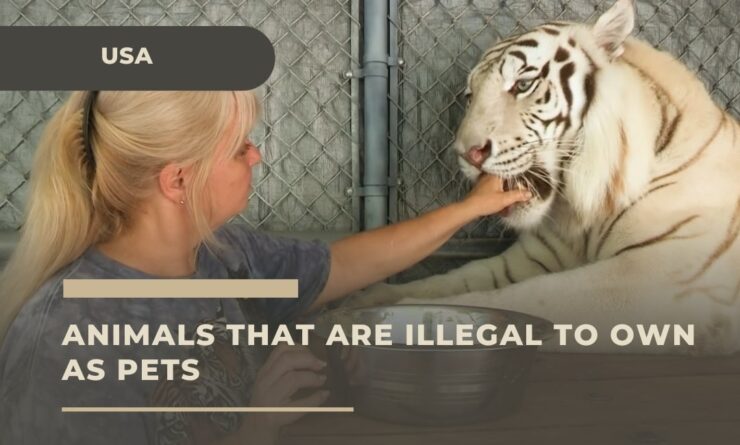Ever find yourself daydreaming of living out your Disney fantasy, walking arm in arm with a squirrelly sidekick or taming a pet tiger as your own personal Rajah? It’s a charming notion, albeit one that might need to be shelved in favor of more traditional domestic companions, like the faithful canine or the independent feline.
The intricacies of pet ownership in the United States are not straightforward. There are creatures out there whose companionship comes with a significant caveat: illegality. What’s intriguing, though, is that few animals are universally proscribed. Rather, the parameters of legality are state-defined, sketching a fascinating patchwork of pet policies across the nation.
At the top of the no-pet list are, predictably, the large and explicitly dangerous animals. The mighty bear, the formidable big cat, the venomous snakes, and the spiders are all widely prohibited. But it’s not just about size or venom.
Cities, for example, may ban certain animals due to their spatial constraints. In some cases, the concern is a disease, as certain pets can carry afflictions such as Salmonella or Ringworm. In others, the animal may simply be ill-suited to a state’s particular environment.
Embargos
Let’s take gerbils as an illustration. These endearing rodents, while welcome in most American households, face a statewide embargo in Hawaii and California. The concern here is not danger but ecology. The natural desert habitat of these states could empower a few fugitive gerbils to multiply into an invasive scourge.
Likewise, ferrets, potential carriers of rabies, are restricted in numerous cities. Some states do, however, allow them under the provision of vaccination or special permits.
However, the most heartbreaking side of this tale lies in the recurring stories of underestimated wildness. Exotic animals, despite our best efforts, often retain a fierce core of untamed instinct that can lead to tragedy. The story of Travis the chimpanzee, who brutally mauled a family friend in 2009 after a lifetime of peaceful cohabitation, is a chilling reminder of this. And just last March, a legally owned pet zebra in Ohio turned on its owner.
Travis the chimpanzee was treated like a son by his owner, until one horrific afternoon when he turned on her best friend. Charla Nash’s hands, eyelids, nose and lips were ripped off in the frenzied attack, which left her close to death – but she never gave up hope. #60Mins pic.twitter.com/tupwTiJKOF
— 60 Minutes Australia (@60Mins) July 27, 2022
To help navigate this complex landscape, we have compiled a list of 25 animals that are illegal to own as pets in the U.S.
Dive Into Our List
| Animal | Banned in States/Cities |
|---|---|
| Wolves | Forbidden as pets in the U.S. |
| Lions | Private ownership is prohibited nationwide |
| Primates | Varies by state, generally unsuitable as pets |
| Squirrels | Illegal as pets in 26 states |
| Turtles (shell < 4in) | Private ownership banned nationwide |
| Alligators | Ownership discouraged varies by state |
| Raccoons | Prohibited except in a few states |
| Sugar gliders | Unsuitable for private residences |
| Asian arowana | Illegal to own in the U.S. |
| Pigs | Regulations and city ordinances vary |
| Skunks | Generally illegal outside of a few states |
| Deer | Mostly illegal to own as pets |
| Ferrets | Prohibited in California and Hawaii |
| Hedgehogs | Forbidden to own privately in several locations |
| Venomous snakes | Illegal to own in numerous states |
| Quaker parakeets | Illegal to own in several states |
| Bobcats | Restricted ownership, varies by state |
| Sharks | Large species are generally prohibited |
| Tigers | Big Cat Public Safety Act prohibits ownership |
| Bears | Prohibited in most states |
| Eagles | Illegal to own or possess |
| Gerbils | Illegal in California and Hawaii |
| Zebras | Legal in most states but discouraged |
| African clawed frog | Illegal to own without a permit in some states |
| Pit bulls | Outlawed in over 700 cities |
Wolves

Despite some dog breeds, such as German Shepherds or Siberian Huskies, boasting about their genetic affinity to wolves, pure wolves are forbidden as pets in the U.S. This is largely due to their undomesticable nature. Wolves are often shrewd enough to escape from captivity and exhibit unpredictable and sometimes aggressive behavior.
Lions
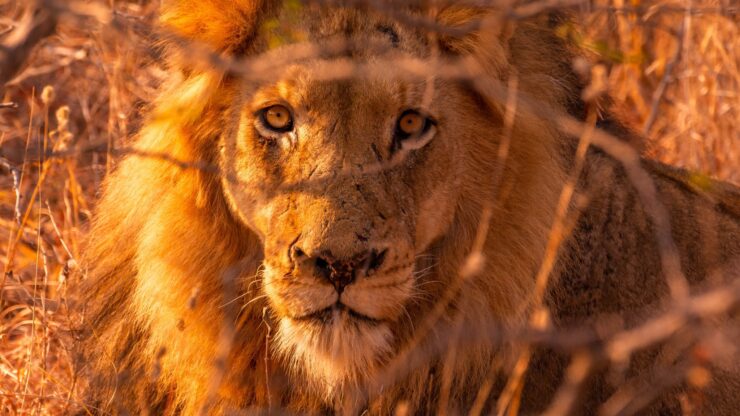
It’s quite apparent that lions, with their inherent predatory instincts, size, and power, are unsuitable as pets. Recently, President Biden signed the Big Cat Public Safety Act into law, prohibiting private ownership of lions and other big cats nationwide. Existing lion owners were given 180 days to register their pets with the U.S. Fish and Wildlife Service or face severe penalties or imprisonment.
Primates
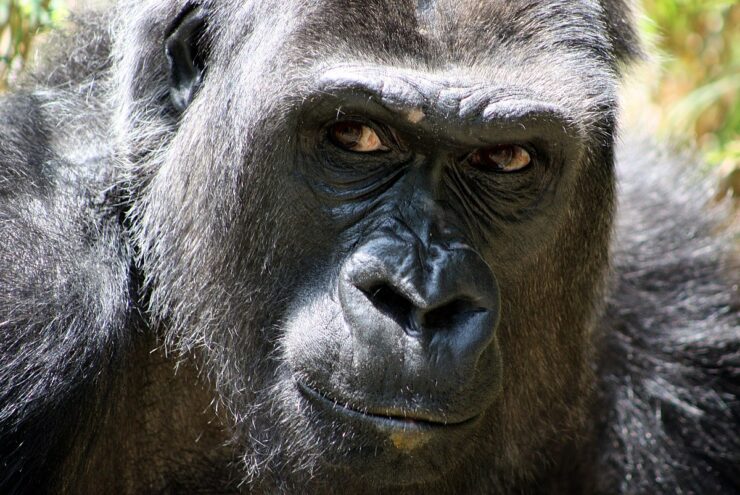
Ownership of a primate as a pet largely depends on its category—monkey or ape. Nine monkey breeds are typically kept as pets: tarsiers, tamarins, chimpanzees, squirrel monkeys, macaques, capuchins, marmosets, spider monkeys, and guenons. Regardless of the breed, primates are generally unsuitable pets, owing to their high energy levels and the need for spacious environments and social interaction. Some states have varying laws regarding primate ownership.
Squirrels

Despite their small size and cuteness, squirrels are best left in the wild. Pet squirrel ownership is illegal in 26 states across the U.S., including Alaska, New Hampshire, Alabama, and Wisconsin. Their requirement for a lot of outdoor space and their sharp claws that can cause destruction make them unsuitable for captivity.
Any Turtle with A Shell Less than Four Inches Long
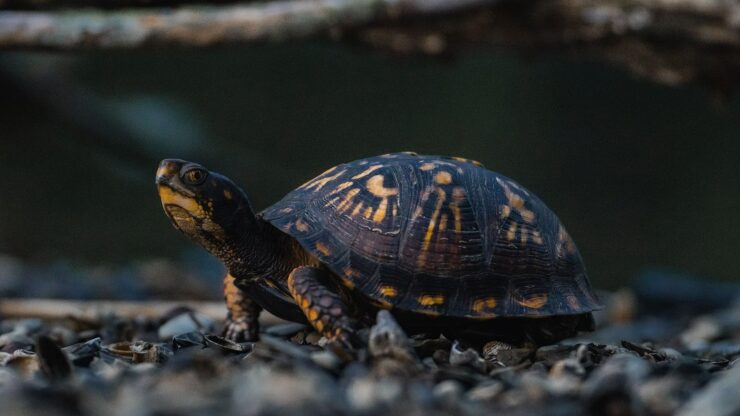
The FDA’s Public Health Services Act of 1975 banned the private ownership of turtles with shells smaller than four inches, including snapping turtles. Despite the popularity of small turtles as pets, they naturally carry salmonella on their shells, posing a serious risk to children.
Alligators
In Florida, you can legally own a pet alligator with a license; in eleven other states, ownership is allowed with a permit; in all other states, it’s unlawful. However, private ownership of an alligator is discouraged: mature individuals can grow over eleven feet long and can cause severe harm.
Raccoons
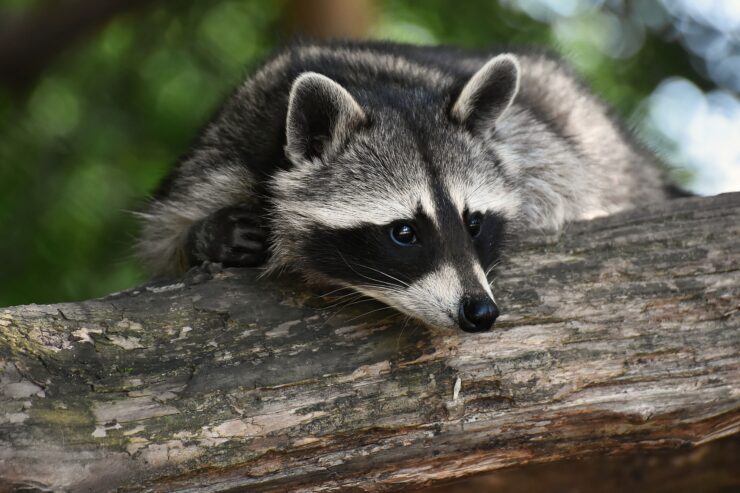
Raccoons are notoriously known for their unpredictable behavior and ability to break into secured places. They can become aggressive and attack with little notice, even if they spend considerable time with humans. Therefore, pet raccoon ownership is prohibited except in a few states.
Sugar gliders
Sugar gliders, tiny relatives of the kangaroo, have gained popularity as exotic pets due to their adorable appearance and playful gliding ability. However, their need for large living spaces and social interaction with other marsupials means many sugar gliders may become unhappy if kept in private residences.
Asian Arowana

This extremely rare three-foot-long fish can cost upwards of $150,000 when bought abroad. This is partially due to its cultural significance in Asia as a symbol of good luck. However, it is illegal to own an Asian arowana in the U.S., due to its status as critically endangered.
Pigs
Mini pigs are gaining popularity as household pets—but unfortunately, there isn’t such a thing as a “mini” pig. “Teacup” and “micro” pigs are just undernourished piglets that will eventually grow over 100 pounds, with some even exceeding 500 pounds. Furthermore, many adults can become aggressive toward humans. Many cities prohibit keeping farm animals within city borders, a rule that many pig owners don’t realize until it’s too late.
Skunks
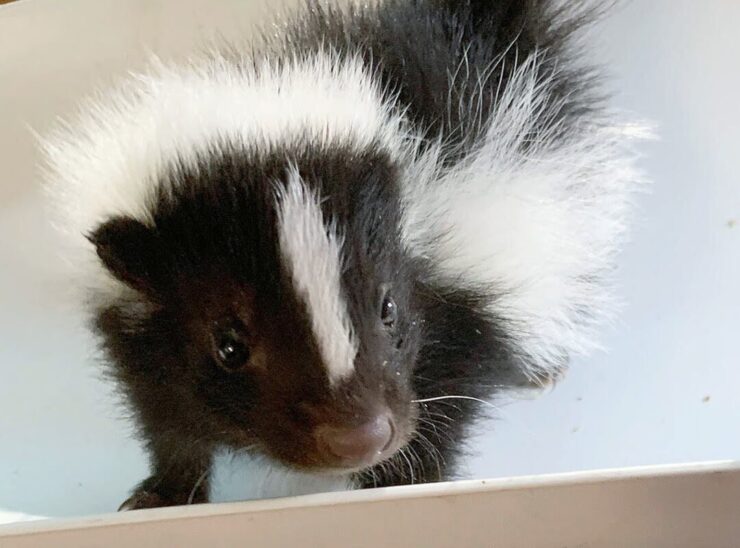
One of the first steps for anyone considering owning a skunk as a pet should be descending it, which involves removing its scent glands so it can’t spray its odor around the house. However, even descended, pet skunk ownership is still illegal outside of a few states.
Deer
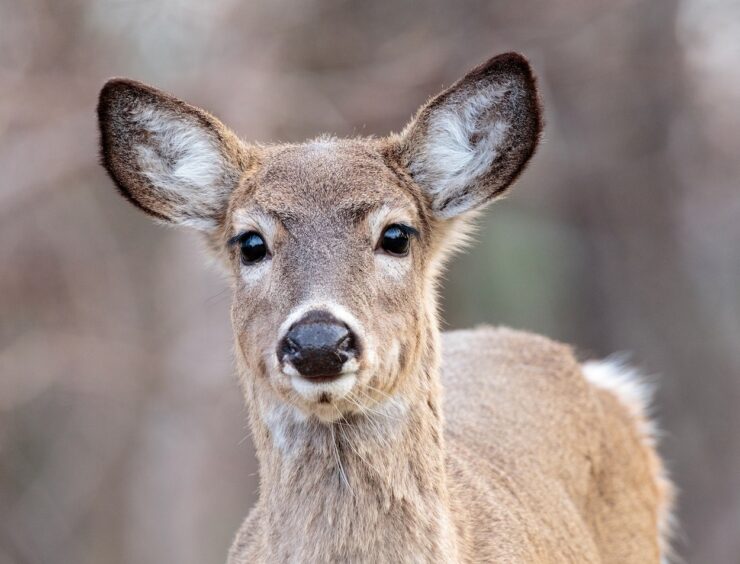
No matter the species, most deer are illegal to own as pets across the U.S. Some states are notable exceptions, but ownership is typically subject to permits and regulations. Deer can often be territorial and moody, making them potentially dangerous if kept in close quarters with humans.
Ferrets
Despite their popularity in pet stores, ferrets aren’t universally permitted as pets. They are prohibited in California and Hawaii due to fears of rabies spread.
Hedgehogs
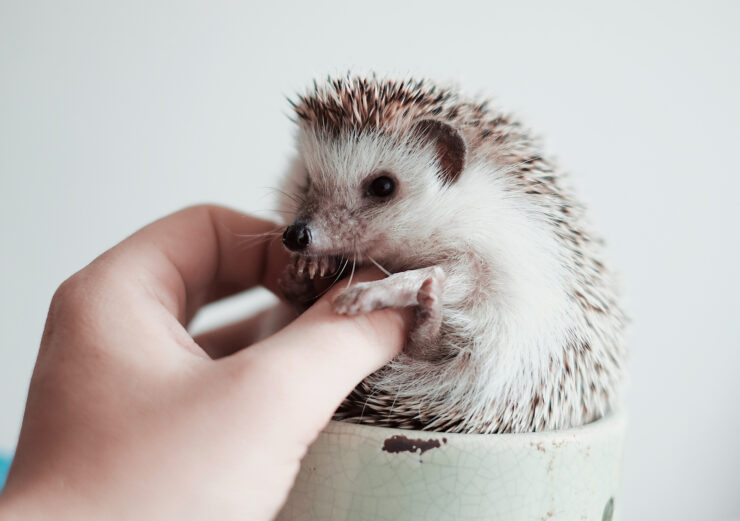
African pygmy hedgehogs are increasingly popular pets but are forbidden to own privately in several locations. Despite their small size and adorable looks, their defensive quills can cause harm to owners, and they often carry diseases that can transfer to humans.
Venomous snakes
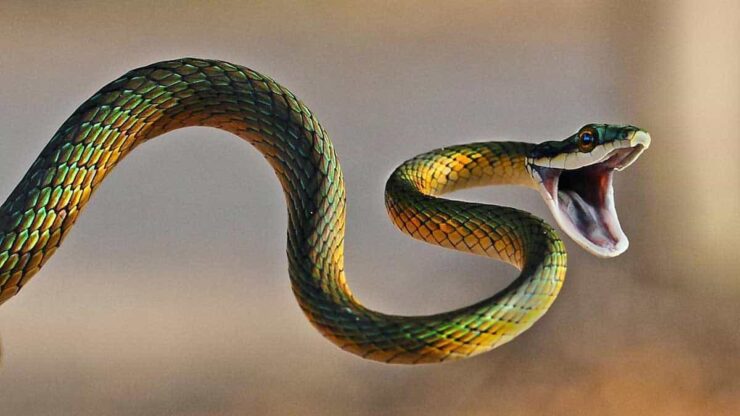
Even if their venom is removed, venomous snake species are illegal to own in numerous states. Numerous venomous species were discovered being sold illicitly in Georgia and Florida earlier this year.
Quaker parakeets
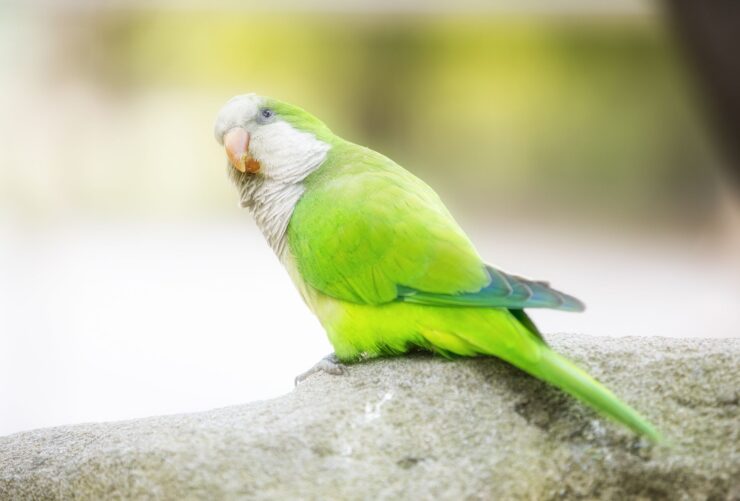
Owning a Quaker parakeet is currently illegal in several states. Some states require owners to obtain a permit and micro-chip their birds due to their tendency to escape and form colonies, damaging local agriculture.
Bobcats
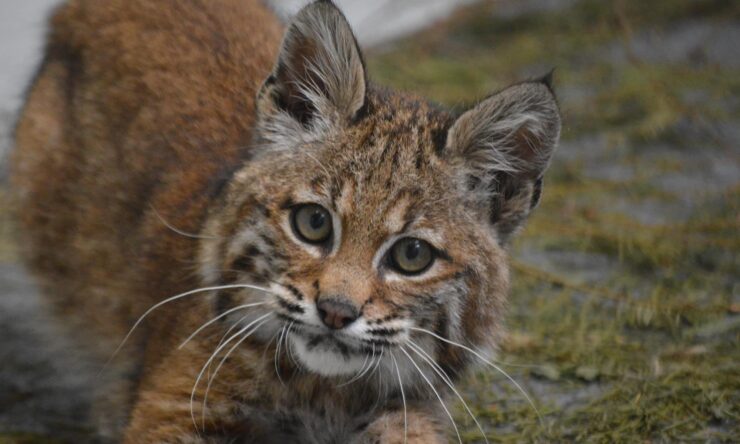
Unless you reside in a handful of states, you’ll have trouble getting permission to privately own a bobcat. Some states offer permits, but many outlaw them as pets due to their size and predatory instincts.
Sharks
While some small shark species are known to be kept as pets in large aquariums, owning any larger species is generally prohibited. A recent trend among the California elite in private shark ownership has prompted many states to revisit their laws concerning individuals keeping these large creatures in their homes.
Tigers
More tigers are privately owned in the U.S. than exist in the wild. This will likely soon change, as the Big Cat Public Safety Act passed last year prohibited keeping big cats as pets. Many owners underestimate the demands of owning an adult tiger.
Bears
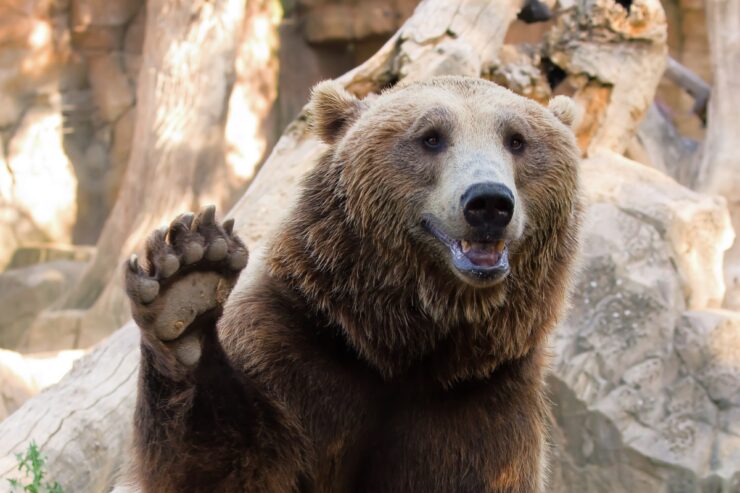
Most states have a general prohibition on “bears,” but in some states, only specific types are outlawed.
Eagles
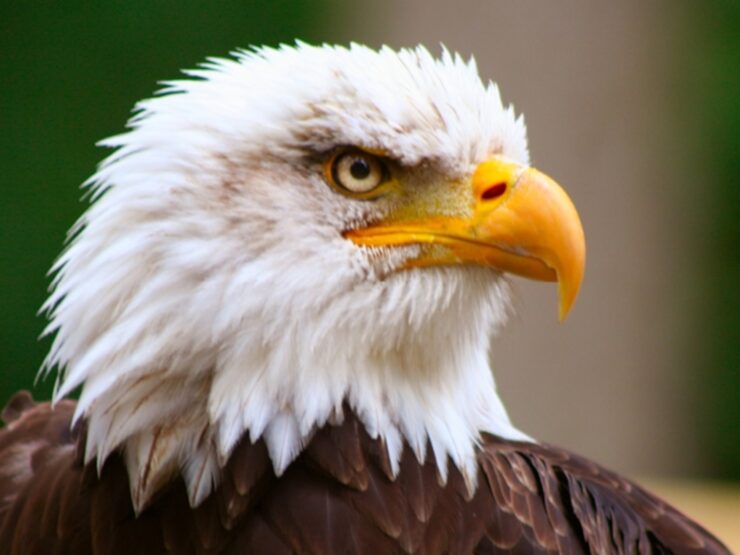
Owning an eagle as a pet is not only illegal, but hunting them or owning their feathers, eggs, or nests is also prohibited. This is thanks to the Bald and Golden Eagle Protection Act, passed by Congress in 1940.
Gerbils
In most states, a gerbil is a common pet. But in California and Hawaii, it is an illegal possession subject to fines.
Zebras
Police killed a zebra in Ohio after it attacked and nearly bit off its owner’s arm. https://t.co/wF9pz21jBv
— World News Tonight (@ABCWorldNews) March 13, 2024
Surprisingly, owning a zebra is legal in most states, but it is outlawed in a few. Despite being sometimes legal, owning a zebra is highly discouraged.
African clawed frog
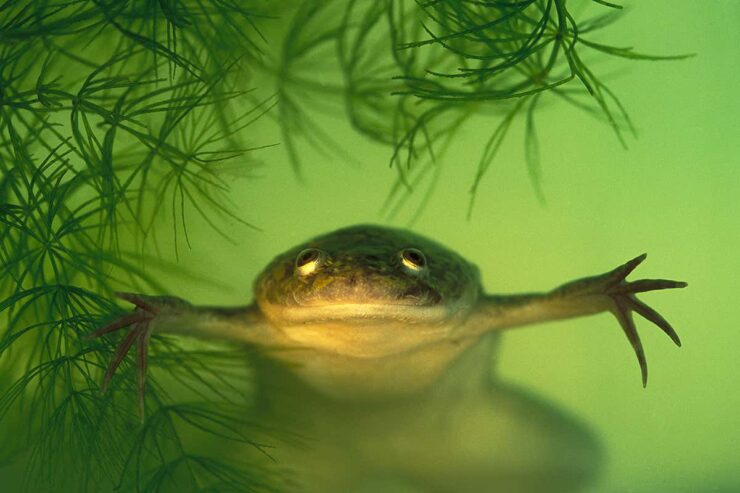
In several states, it is illegal to own an African clawed frog without a permit due to the risk it poses to other frog populations.
Pit bulls
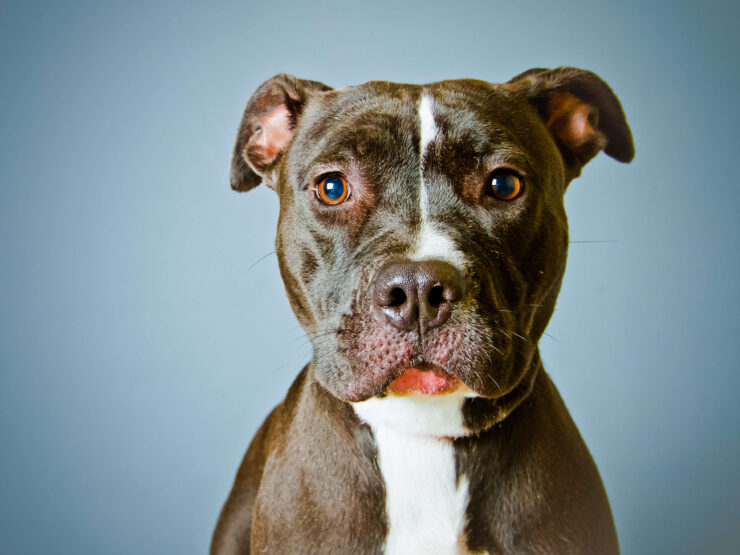
Over 700 cities across the country have outlawed pit bull ownership. In some cities, pit bulls are only allowed as pets under certain conditions.
FAQ
Why are wolves forbidden as pets in the U.S.?
Wolves are considered undomesticable and possess unpredictable and sometimes aggressive behavior. Due to their natural instincts and ability to escape captivity, owning them as pets is prohibited to ensure public safety.
What is the Big Cat Public Safety Act?
The Big Cat Public Safety Act is a law enacted nationwide to prohibit private ownership of lions and other big cats. It aims to protect both the animals themselves and the general public, as these animals require specialized care and pose potential risks when kept as pets.
What are the main reasons primates are unsuitable as pets?
Primates, including monkey breeds such as tarsiers, tamarins, and macaques, have high energy levels, complex social needs, and require spacious environments. Keeping primates as pets can lead to behavioral issues, stress, and overall unsuitability for domestication.
Why are pet squirrels illegal in some states?
Pet squirrel ownership is banned in several states, including Alaska, New Hampshire, Alabama, and Wisconsin. The main reasons for the prohibition include the need for outdoor space, the potential for destructive behavior, and concerns about public safety.
What is the rationale behind the ban on turtles with shells smaller than four inches?
The ban on turtles with shells smaller than four inches, including snapping turtles, is in place to mitigate the risk of salmonella transmission. These tiny turtles naturally carry salmonella bacteria on their shells, which can pose a significant health risk, particularly to children.
Why is there variation in ownership regulations for alligators?
Ownership regulations for alligators differ among states due to the varying environmental suitability and risks associated with keeping such large and potentially dangerous reptiles. States like Florida allow ownership with a license, while others may require permits or prohibit ownership altogether.
Why are pet raccoons prohibited in most states?
Pet raccoon ownership is generally prohibited due to their unpredictable behavior, tendency to escape, and potential aggression. Raccoons, despite spending time with humans, retain their wild instincts and can pose risks to both owners and others.
What are the main concerns with sugar gliders as pets?
While sugar gliders may be appealing, their suitability as pets is limited by their need for large living spaces, social interaction with other marsupials, and specialized care. Keeping them in private residences often leads to unhappy and stressed animals.
Why is owning an Asian Arowana illegal in the U.S.?
The Asian Arowana, an endangered fish species, is illegal to own in the U.S. due to its critical status and efforts to protect the species from exploitation. The cultural significance of the Asian arowana as a symbol of good luck also contributes to its high market value.
What are the concerns surrounding pig ownership as pets?
While miniature pigs are gaining popularity, they eventually grow too large sizes, often exceeding 100 pounds and sometimes reaching over 500 pounds. Additionally, adult pigs can exhibit aggressive behavior toward humans. City ordinances and regulations regarding farm animals also restrict pig ownership within city limits.
Final Words
In conclusion, pet ownership laws in the United States present a complex landscape, with varying regulations and prohibitions across states and cities. While some animals, such as wolves, lions, and venomous snakes, are universally forbidden as pets due to their inherent danger, others face restrictions based on factors like ecological impact, disease transmission, or unsuitability for domestication.
It is crucial for prospective pet owners to research and understand the specific laws and regulations in their region before considering any unconventional or exotic pet. The stories of underestimated wildness and tragic incidents serve as reminders that even with the best intentions, some animals retain their untamed instincts, posing risks to both humans and themselves.

